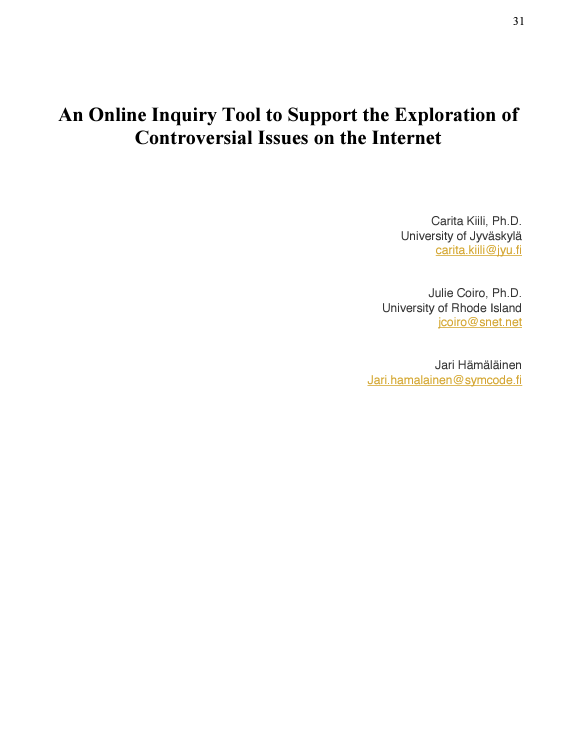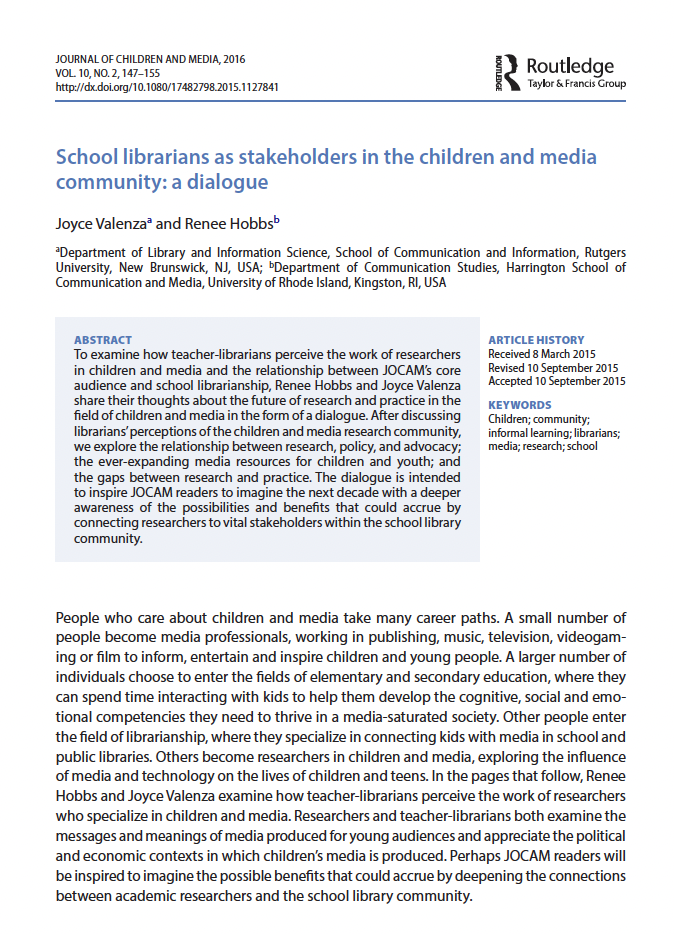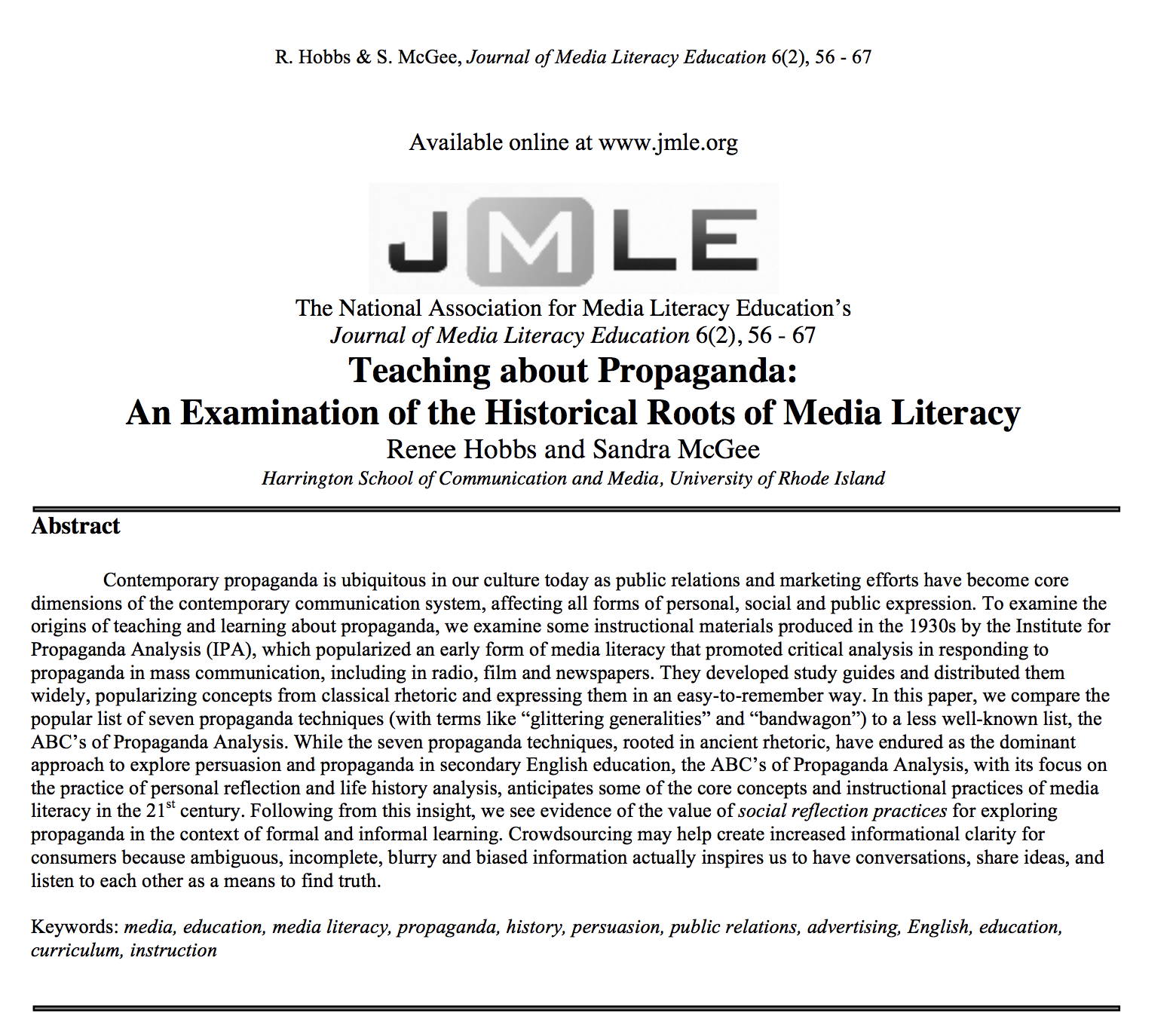- Home
- Technology & Society
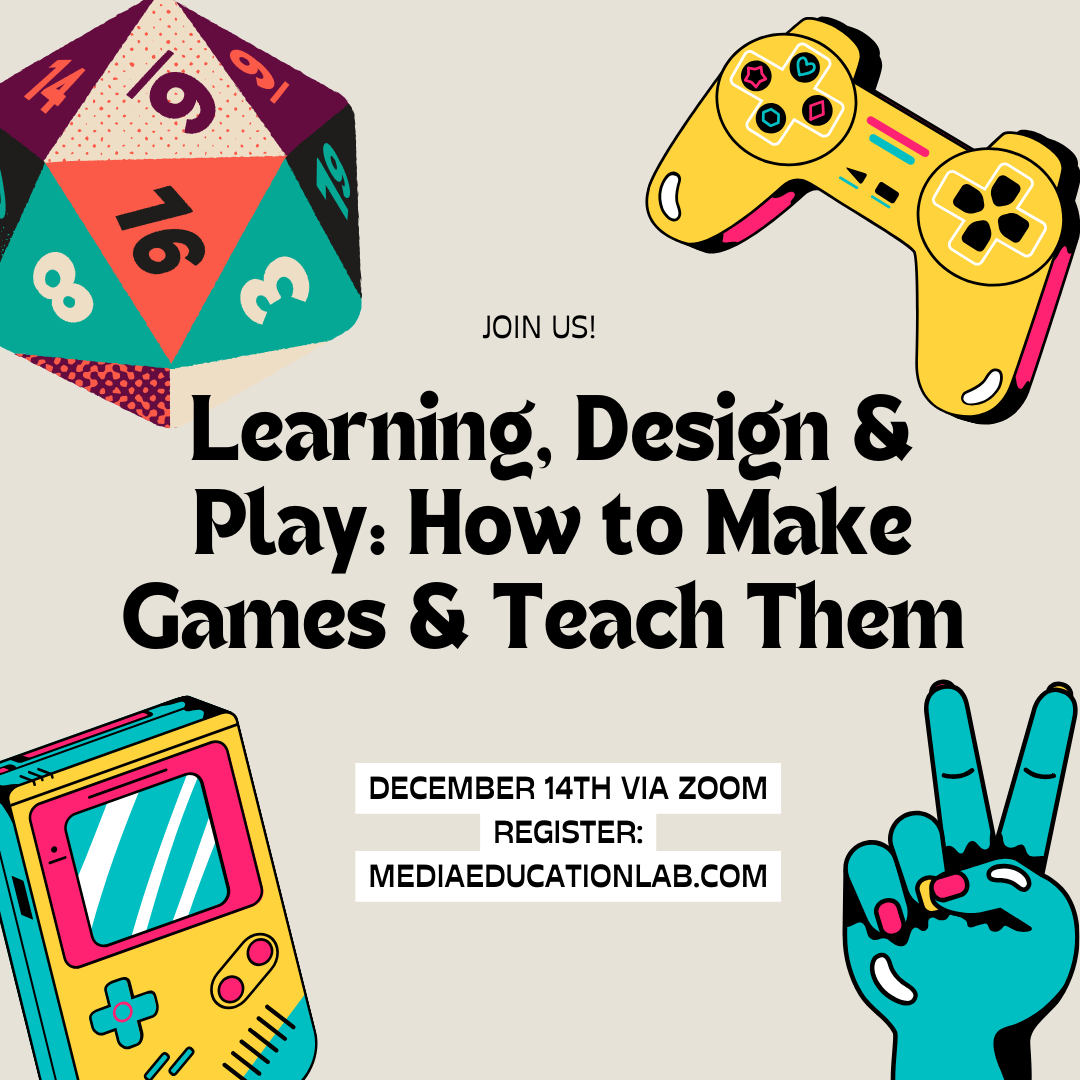
Learning, Design, and Play: How to Make Games and Teach Them
“Learning, Design, and Play: How to Make Games and Teach Them” focuses on ways of designing games around particular learning goals and how youth learn through playing games. A panel of designers and expert game facilitators with a variety of gaming contexts join researchers from the Literacy Research Association's Critical Gaming Literacies Study Group for this one hour event. Panelists will…
Read More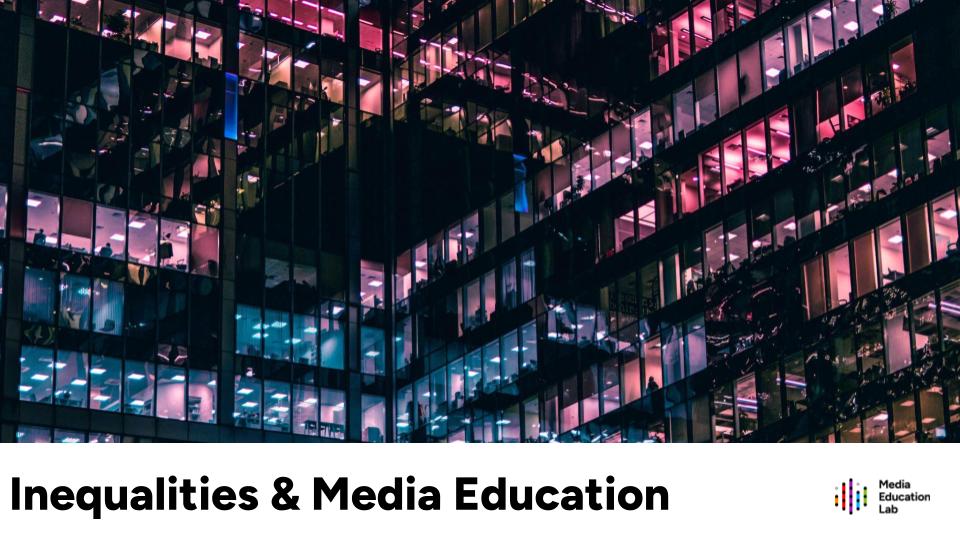
Connectivity & Digital Disruption: The Digital Divide
Read here about our full webinar series on Inequalities and Media Education In this fourth webinar, we will explore the concepts of digital divides from both U.S. domestic and global digital divides. Susan Wiesinger and Ralph Beliveau discuss their new book, Digital Literacy: A Primer on Media,…
Read More
Remembering the Legacy of Violent Extremism
The stories we tell about violent extremism shape our understanding of the past, present, and future. In this session, we use dialogue and discussion to reflect on the legacy of September 11, 2001 and the role of violent extremism in the 21st century. Come to listen with appreciation to the stories of others and share your thoughts and feelings on this day of remembrance. This event is open to…
Read More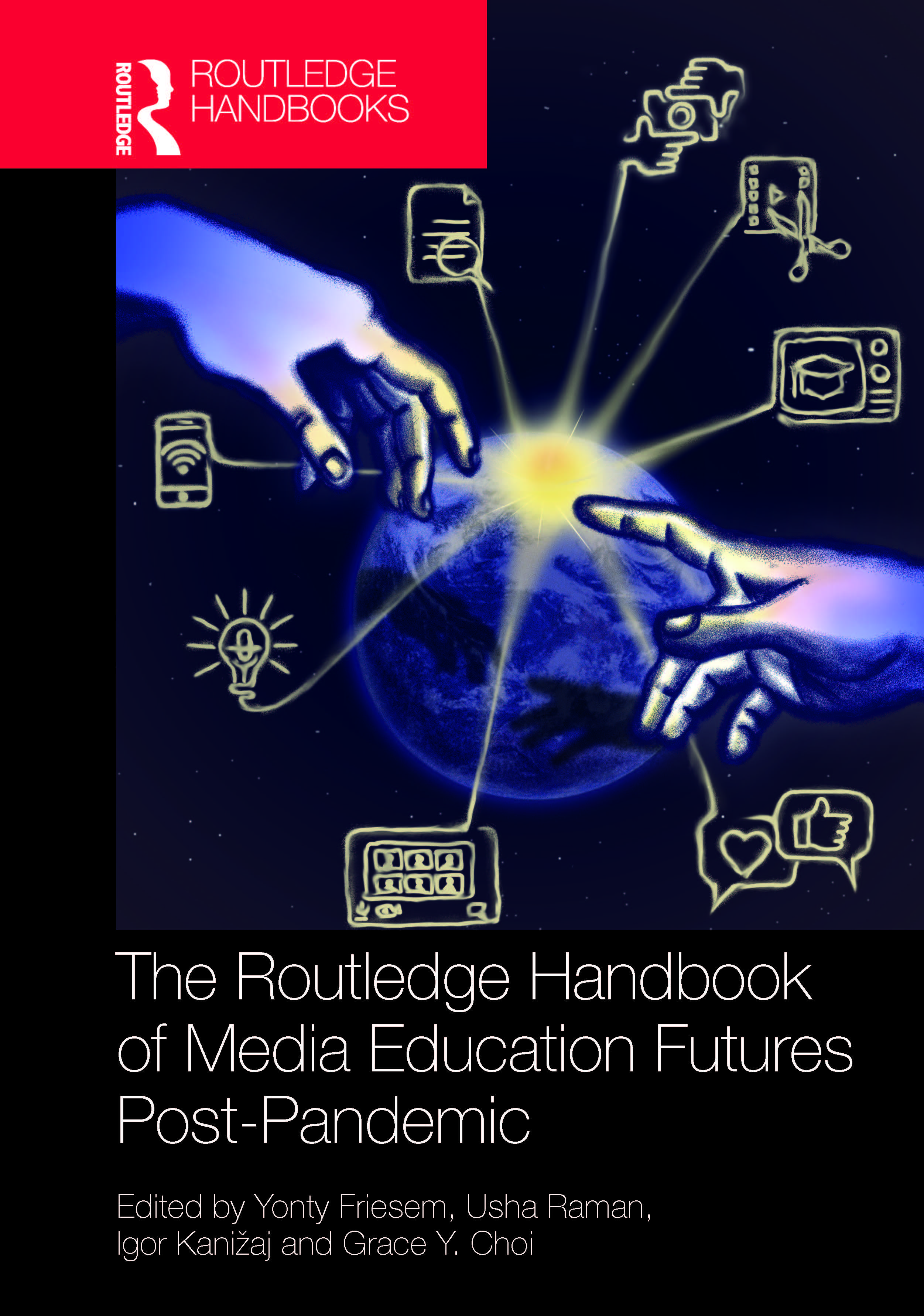
Media Club - Ecomedia Literacy: Ecojustice and media education in a post-pandemic world
Join hosts Dr. Antonio López as he guides participants in an exploration of ecomedia literacy as a framework for the post-pandemic world, along with introducing some practical applications for how media educators can incorporate ecojustice through ecomedia literacy into their curriculum. The media for discussion is the presenters' essay that explores the theoretical understandings and…
Read More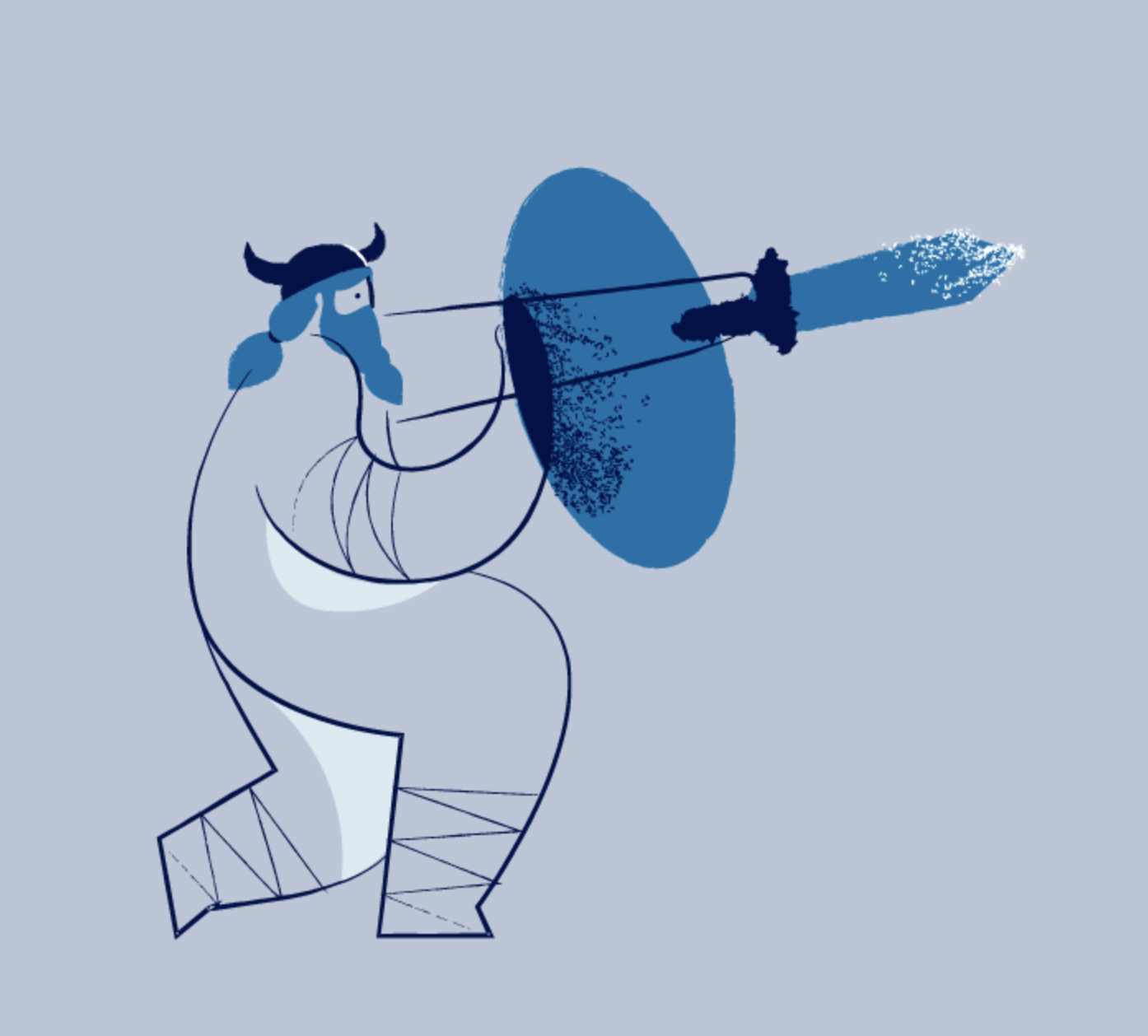
High Conflict
In this session, we identify the way that conflict is rooted in blame and shame strategies. We examine the power of particular listening strategies like “looping for understanding” as a means of dialing down the conflicts that we encounter in media, the workplace, family and community. What is high conflict and what forces perpetuate it? How does it damage individuals and communities? What can…
Read More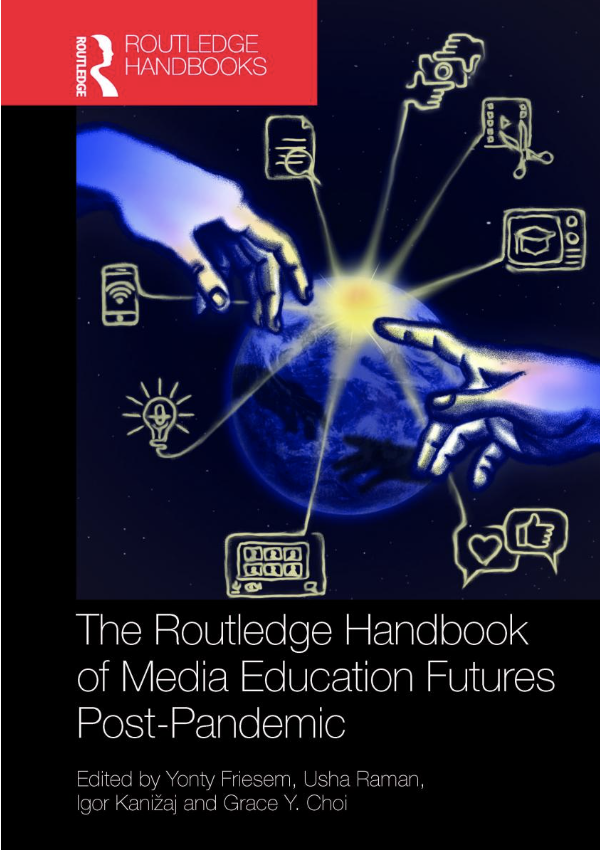
The Routledge Handbook of Media Education Futures Post-Pandemic.
Our team from the Media Education Lab is proud to announce the publication of The Routledge Handbook of Media Education Futures Post-Pandemic. This handbook showcases how educators and practitioners around the world adapted their routine media…
Read More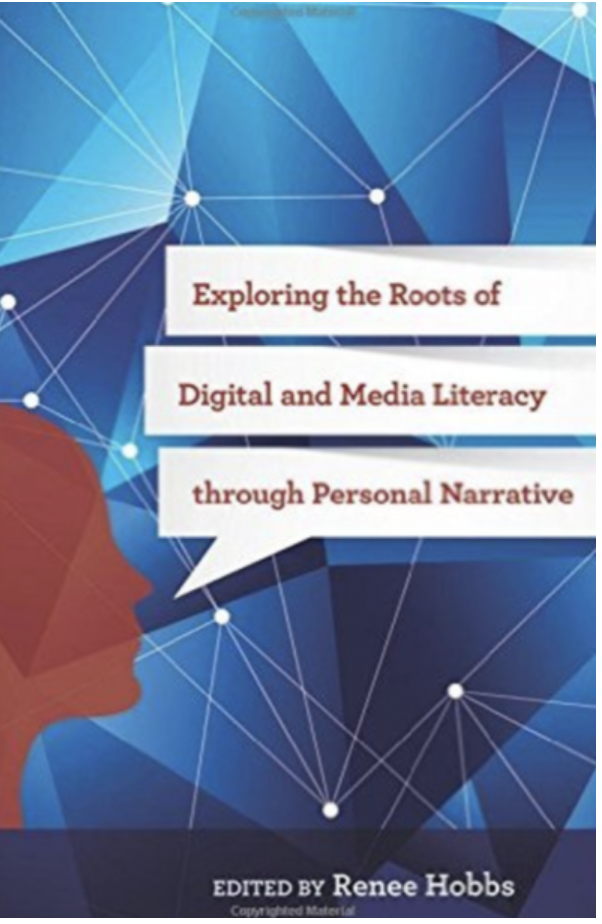
Exploring the Roots of Digital and Media Literacy through Personal Narrative
Explore the multidisciplinary nature of media literacy education It's been said that the lack of scholarship about the history of media literacy has been a source of some of the conflicts and debates among scholars and practitioners. Media literacy stands at the intersection of the fields of media studies and education, and these scholars have divergent perspectives on the past, present and…
Read More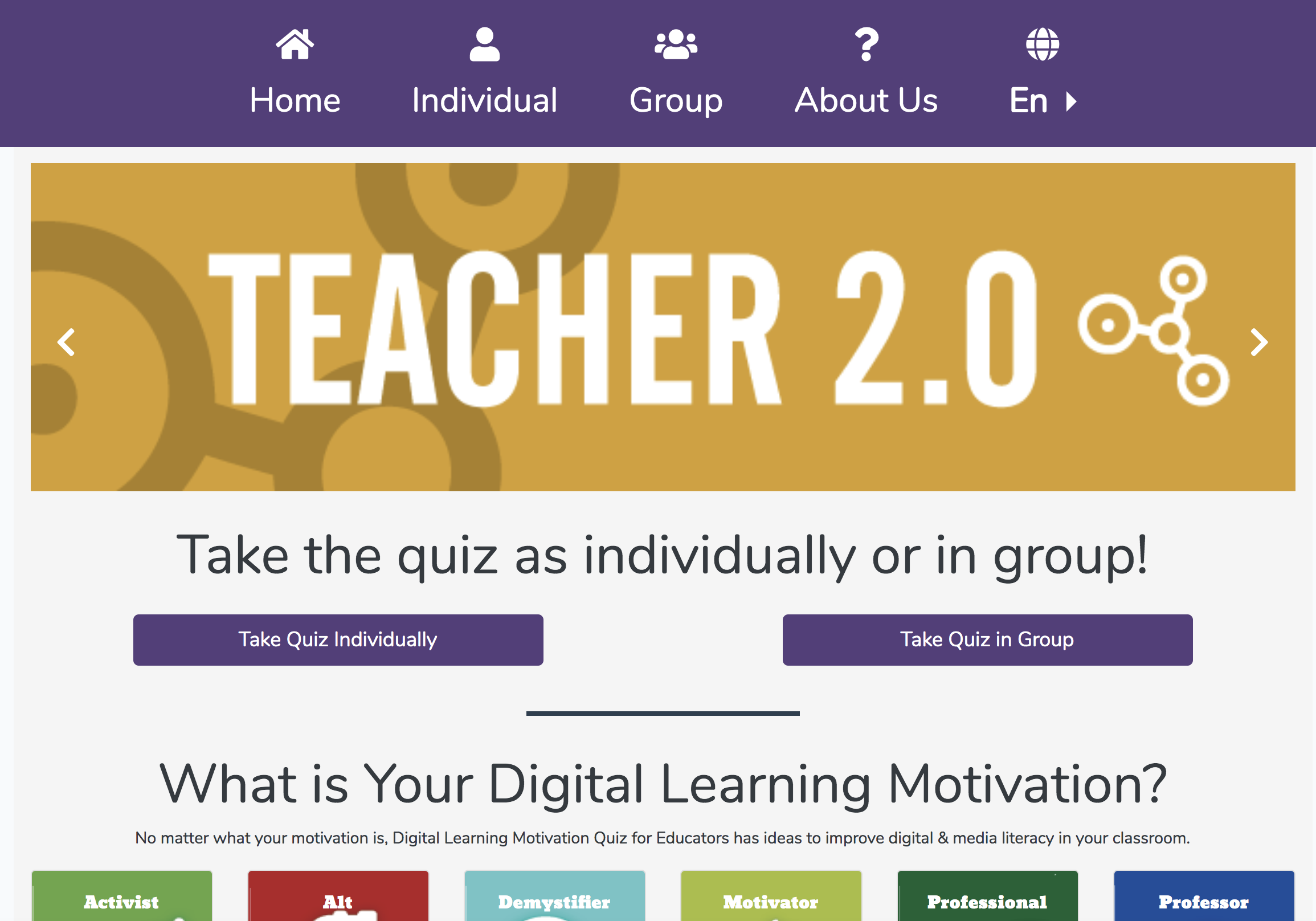
Set Your Motivation
The Digital Learning Horoscope is a 48-item Likert scale instrument that assesses teachers’ perception of the value and relevance of six conceptual themes, namely: attitudes toward technology tools, genres and formats; message content and quality; community connectedness; texts and audiences; media systems; and learner-centered focus.Visit the Set Your…
Read More
Internet: Indispensable or Evil?
OverviewIn these four lessons, students use the episode Adam Ruins the Internet (Season 2, Episode 12) as a starting point to discuss the role of the Internet in modern culture and learn about media policies that shape people’s…
Read More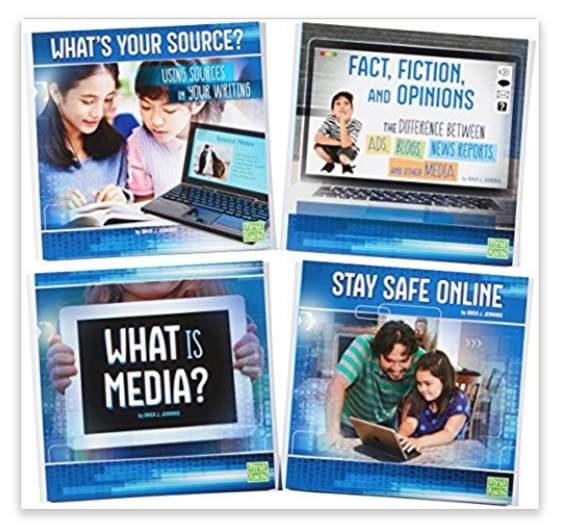
All About Media
It's never too early to be smart about media!Give emerging readers the tools to learn about media, evaluate it, and understand it. Readers will learn essential critical thinking concepts along with important topics such as understanding how to find sources and how to properly source, privacy and Internet safety, evaluating ads and news reports, and determining the differences between facts,…
Read More